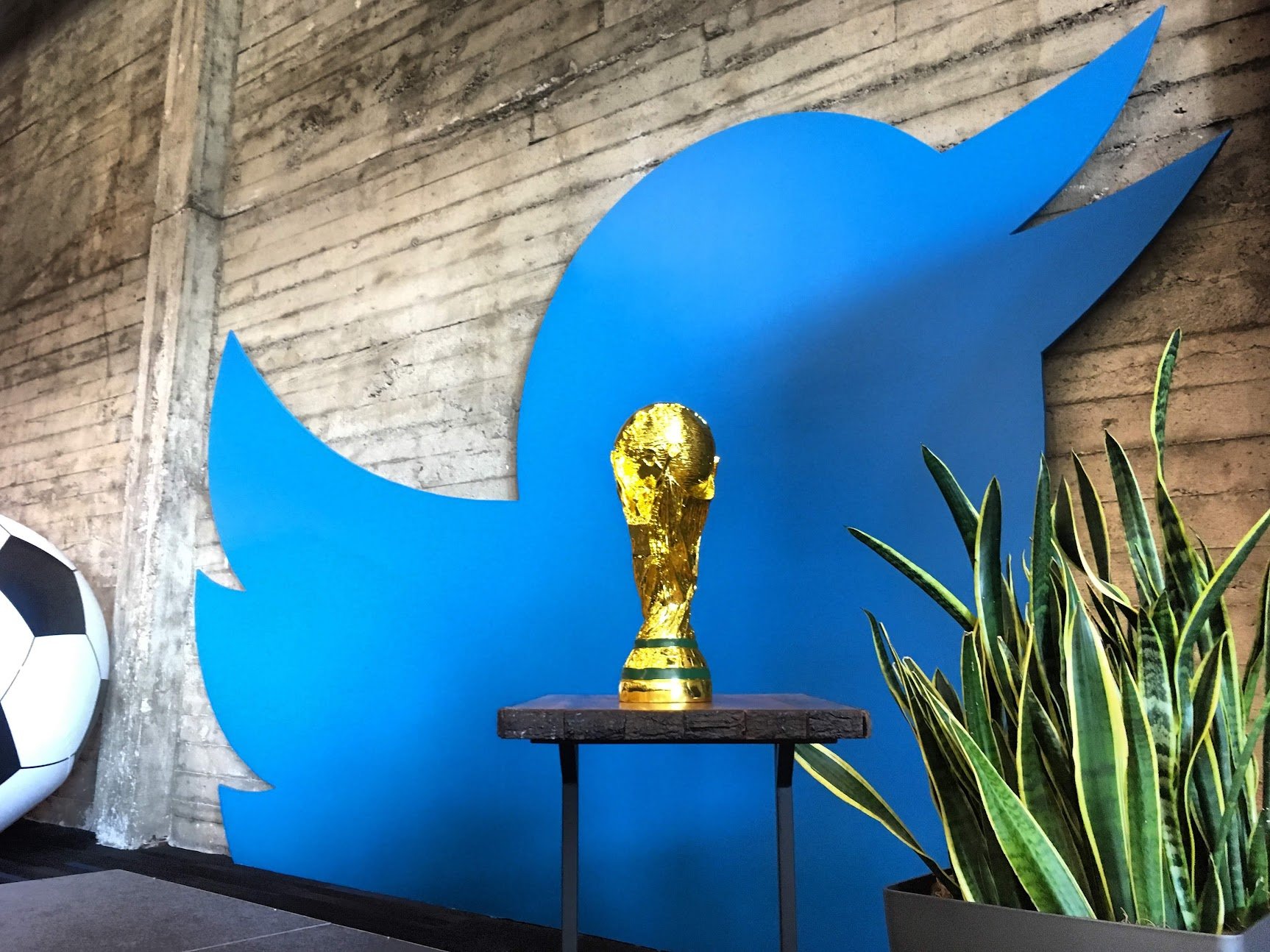Outshined
19 December 2022
The beautiful game.
What a Final. And what a tournament. I want to relive it a little bit tonight, pointing out a few moments which stuck out to me and describing some of what I was feeling, based on the notes I jotted down for myself between numerous bouts of either holding my breath or screaming at the top of my lungs.
But before we get started, a few notes. First, one of the many reasons I did not travel to what would have been my seventh World Cup trip was because of the rampant corruption involved in the awarding of the 2022 event to Qatar. There are many great articles about what went into Qatar’s winning bid, but I’d rather recommend a book by Ken Bensinger called Red Card: How the U.S. Blew the Whistle on the World's Biggest Sports Scandal.
One of the other reasons this year’s trip didn’t happen was due to the callous disregard both FIFA and the officials in Qatar showed to the workers who created the infrastructure needed to host this spectacle in the middle of a desert. It’s unspeakable that, for those of us who love this game, there is no way around the fact that in order to enjoy these matches we have to perform a large exercise of compartmentalization. When we watch, we also need to acknowledge the costs that these games have come with. We cannot justify these deaths. We cannot ignore them. And we should not stop talking about what happened just because we’ve already heard the final whistle.
Lastly, there is the site itself. Now, there have been valid criticisms about each and every host country that I’ve visited since witnessing my first match in 1994, but this year feels different. The fact that there are numerous laws on their books which they essentially suspended for the duration, but will go back to enforcing immediately afterwards, means the global lens FIFA likes to celebrate when touting how the tournament can foster global change is laughable. Unmarried couples living together is against the law. So is crossdressing. And consensual sex with a same-sex partner. Even spending one tourist dollar in passive support of those laws was a non-starter for me.
Now, with that documented, let’s get to the game (I’m replaying a recording of it right now as I type this!). Even though my Italians weren’t in it this year, I cheered and fretted and worried as if it were 1994 all over again. But this time, it was for Lionel Messi. I’m old enough to have seen Pelé play in the NASL against my beloved Rowdies. I’ve also been lucky enough to have seen Messi play in a few World Cup matches. So I really wanted to see him add this trophy to his long list of accomplishments.
I had quiet confidence most of the tournament. Even after the first match loss to Saudi Arabia, believe it or not. This year's team seemed much more together. United. And more broadly talented than squads which tended to feature 11 stars only briefly playing on the same pitch together. The group Lionel Scaloni put together each had pieces to contribute to the puzzle as a whole, without relying on Messi to be the biggest, most important piece. This win wouldn’t have happened without the continued contributions from his teammates. It’s the first squad in a while where he wasn’t asked to carry most of them on his back.
Whether it was the way Rodrigo de Paul continually fought through tackles, Alexis Mac Allister threading through the French midfield, or how Ángel Di María kept attacking up the left side of the field to create chance after chance in the box, we saw that this was a team playing to their strengths over and over again. And let’s not leave a pair of Martínez-es out of the discussion. Lautaro Martínez’s late substitution brought a much-needed spark to an increasingly winded squad. As for the keeper, Emiliano Martínez, it’s pretty obvious that despite not seeing a shot from France until the 70th minute, his saves in the last seconds of the second period of extra time, and the huge penalty-kick save on Kingsley Coman during the shoot out are what cemented the Argentine win.
Lionel Messi is the story, though. As he should be. I had some fun the other night letting ChatGPT help me make an argument about how good he is. But even if we look at just his stats from the 2022 tournament, he was remarkable. He played all 690 minutes of Argentina’s games, surpassing Italy’s Paolo Maldini (my absolute favorite player) for most played. He scored 7 goals in 7 games — 2 of those in the Final — one short of the 8 from Golden Boot winner Kylian Mbappé. Oh, he also had 3 assists. It was an absolutely remarkable tournament for the 35-year-old, definitely deserving of the Golden Ball award for the best player of the tournament.
As I look back now, almost two full days later, there’s so much I will miss of this tournament, like the tenacity of the Moroccan defense and the whistles from their fans. I’ll miss the tight passing and ball control from the Japanese team. The sounds of the horns and spirit of hope from the Senegalese. The chants and never-ending effort from the South Koreans. But mostly, I’ll miss the daily reminders that this game rewards not just talent, but teamwork. Thankfully, another World Cup starts in just seven months when the women kick off in Auckland, New Zealand.
See you tomorrow?




